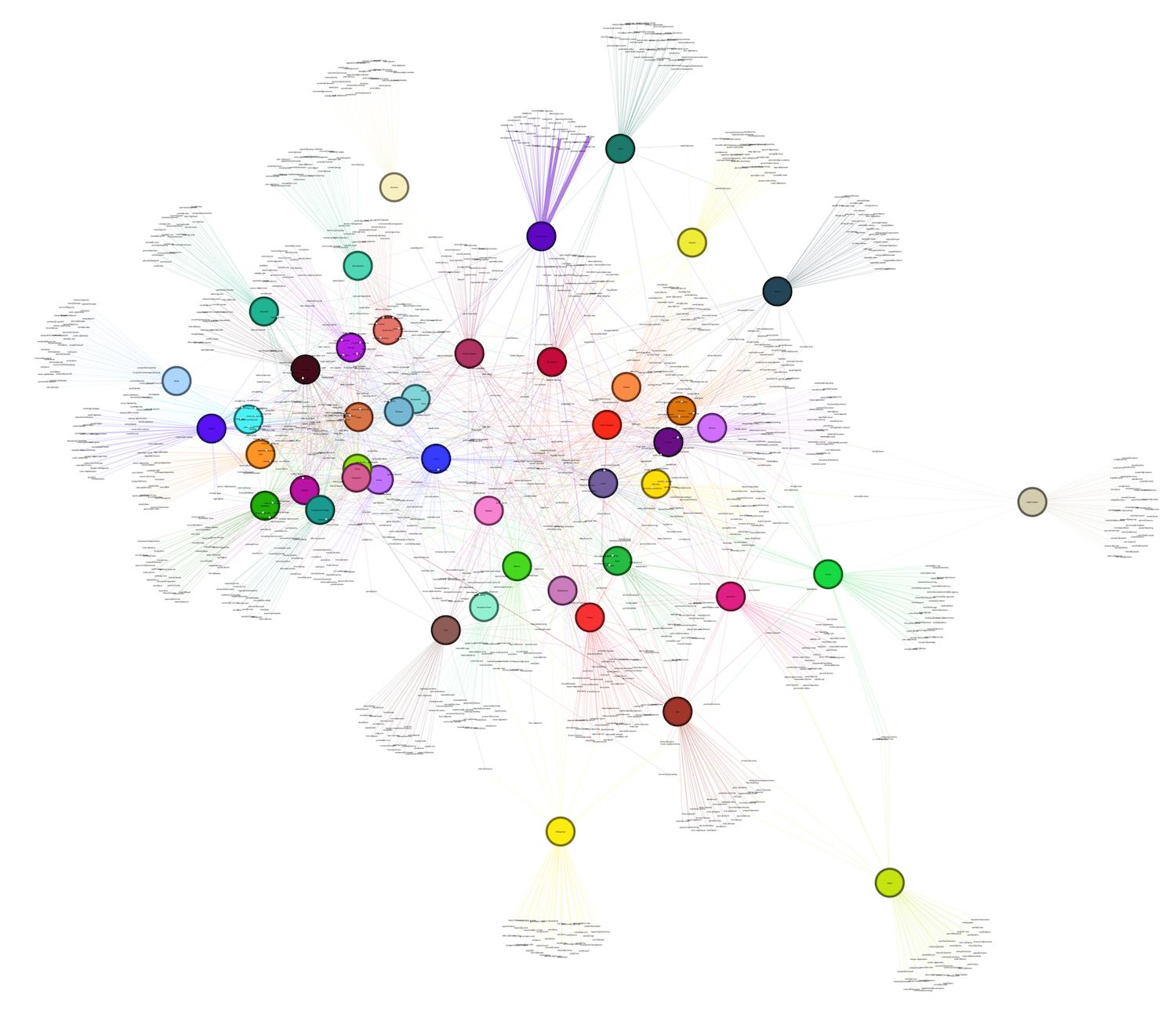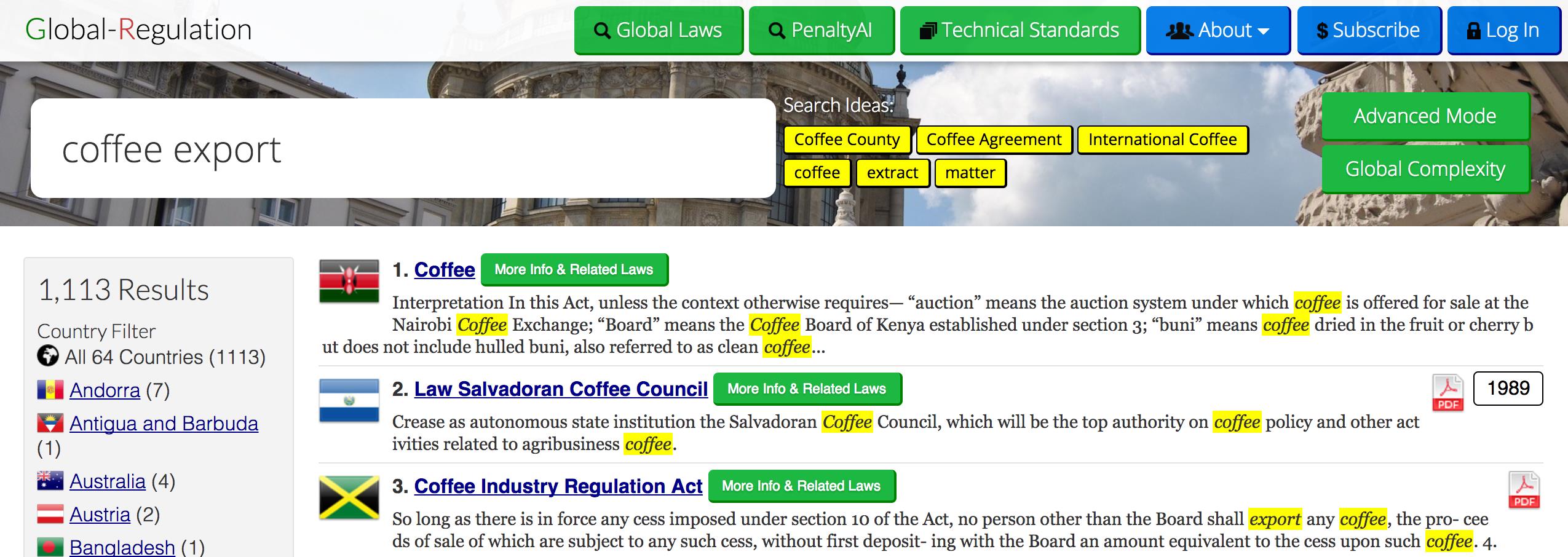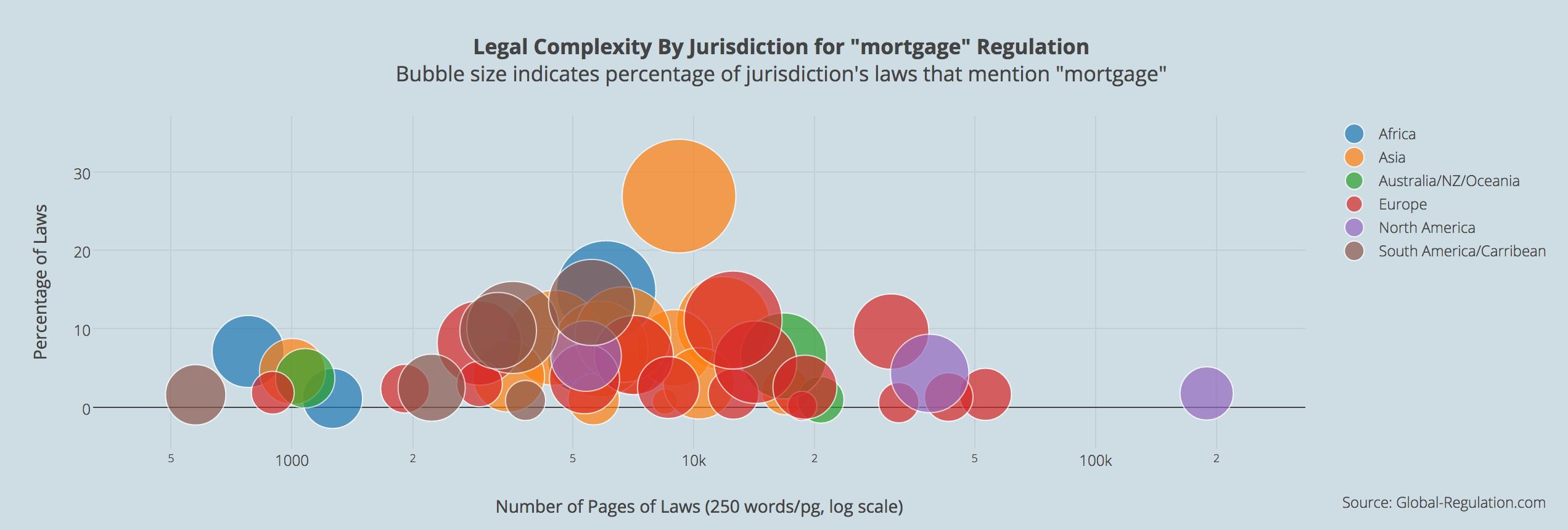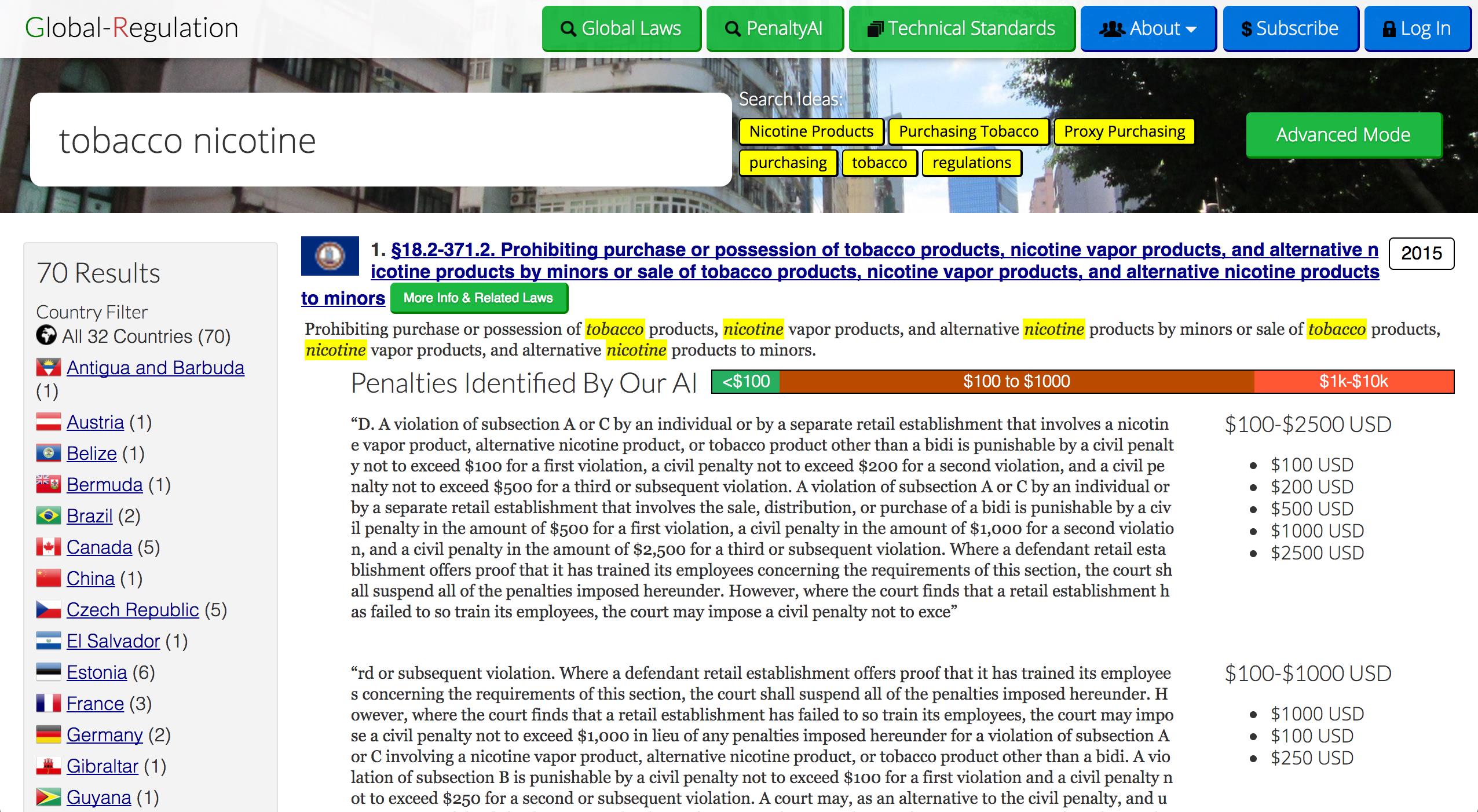
"[Y]ou can't make an omelet without breaking a few eggs [but] if you make only a little change, then it seems to be worthwhile"
- Harlan Ellison, "Repent, Harlequin!" Said the TickTockMan (1965)
I first met Addison in a small Italian café at the upscale Yorkville neighborhood in downtown Toronto. The plan was to discuss potential legal cooperation as we were both tech lawyers. However, before the sparkling water arrived to the table, I smelled the sweet smell of revolution in the air.
Both of us were running our own online services of legal information but we quickly realized that together we can do much more. Something that hadn’t been done before – create a search engine of the world’s regulations in English. As usual with startups we were too busy with the financial projections to realize the magnitude and challenges of such a project.
Mapping the World's Laws

Nonetheless, very quickly it dawned on us that when you are offering a source that was never available before (e.g., Canadian academics can now read Italian legislation in English) you need to convince users that it is valuable. More than once we heard American or Australian regulators pondering why should they look at regulations from Denmark, for example?

‘We are looking only at comparable jurisdictions’, they told us. ‘What lessons can we possibly draw from remote parts of the world?!’. It was academics, that immediately realized the potential and started exploring the database with enthusiasm. And surprisingly enough, it was the tech giants Microsoft, Google and Amazon, that generously supported our vision.
After a year of hard work – we have the big data: 1.6 million laws and regulations from 85 countries in English; from which 750,000 laws and regulations are machine translated from 26 languages; and 250,000 technical standards provided by ANSI. For the first time, the global regulation is now searchable, in full text, in English.
Loyal to our vision of ‘better regulation for a better world’ we decided to employ the World Bank’s purchasing power parity index so that an annual subscription that cost $500 in Japan and $750 in the US, will cost $27 in Afghanistan and $24 in Uganda. We believe that the world’s laws should be available to everyone everywhere.

What’s next? This is a good question. Big data begs for analytics and we already provide some tools that enable the user to determine the complexity of a certain field across jurisdictions, including a ‘heat map’ and legislation changes across time; extract penalties clauses and amounts in USD; and offer search ideas based on word-frequency cross-reference of the entire database.

We will keep employing technology, especially Artificial Intelligence, for the benefit of people as part of our mission to create ‘the policy advisor of the future’. We’re trying to predict future penalties based on past patterns, offer regulators recommended regulations based on other countries experience and expand the database as much as possible.
I watch our search log everyday. Sometimes more than once. And when I see a government user from Indonesia looking at space regulations from Mexico, or an American academic searching Chinese legislation on privacy - it is then that I know that the revolution has already started. We just need to let everyone know about it.








